Intervention Type: Reducing Structural Barriers
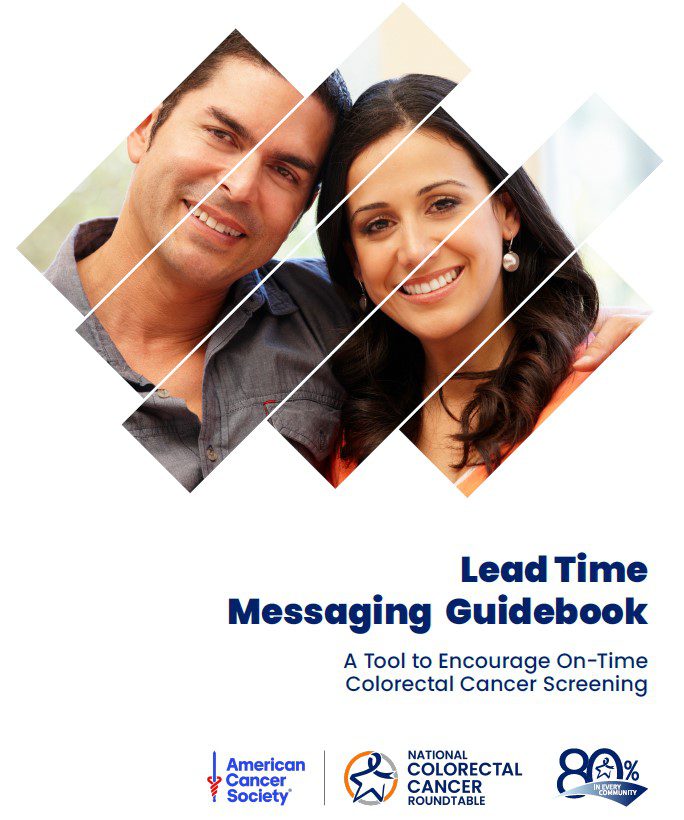
2023 Lead Time Messaging Guidebook
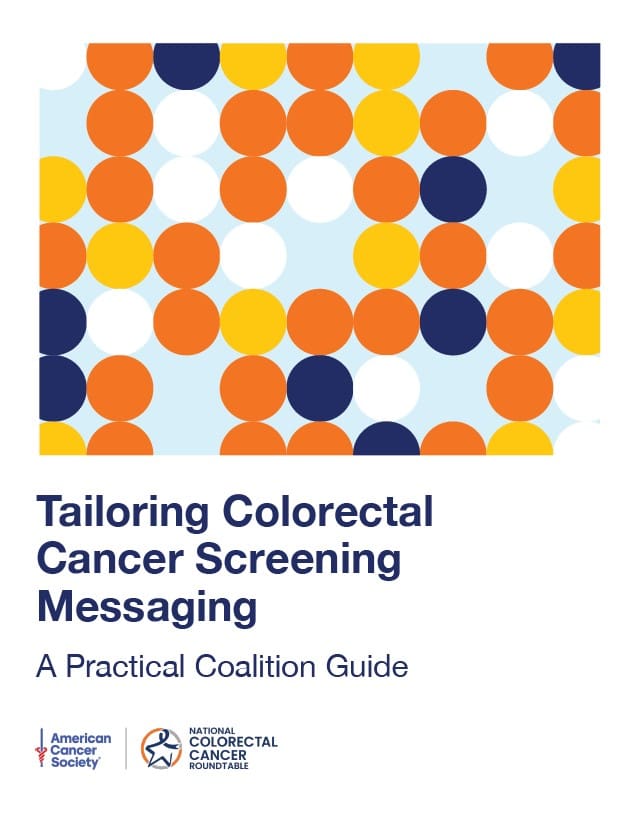
Tailoring Colorectal Cancer Screening Messaging: A Practical Coalition Guide

Blue Star Conversations – September 11, 2023
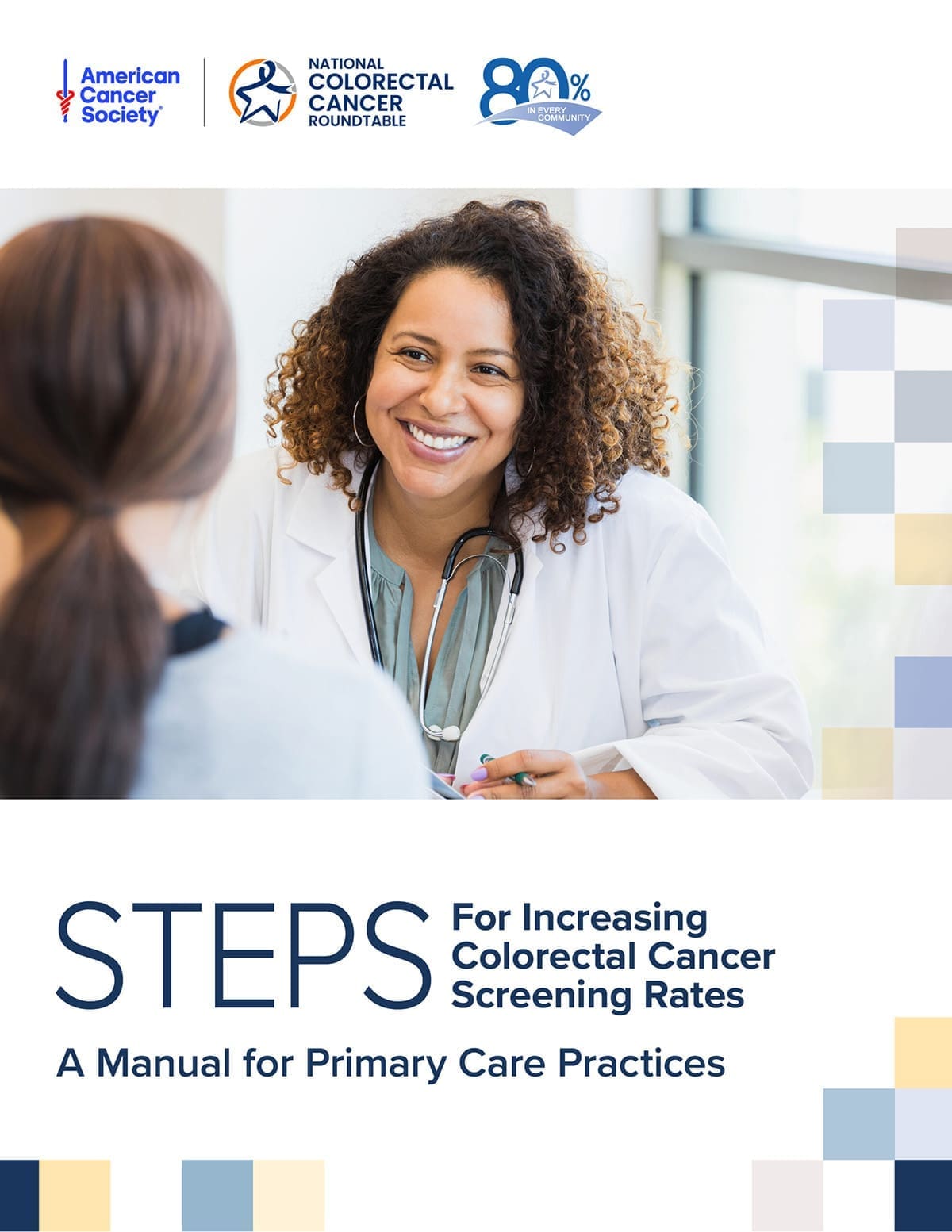
Steps for Increasing Colorectal Cancer Screening Rates: A Manual for Primary Care Practices

Webinar: Field Strategies To Increase Colorectal Cancer Screening And Promote Colorectal Cancer Health Equity In Communities Across The US
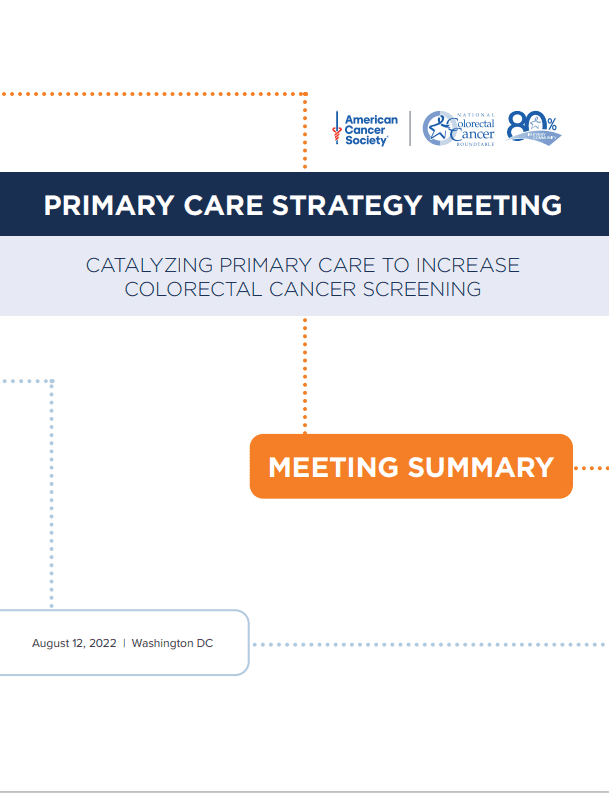
Meeting Summary – Primary Care Strategy Meeting: Catalyzing Primary Care to Increase Colorectal Cancer Screening
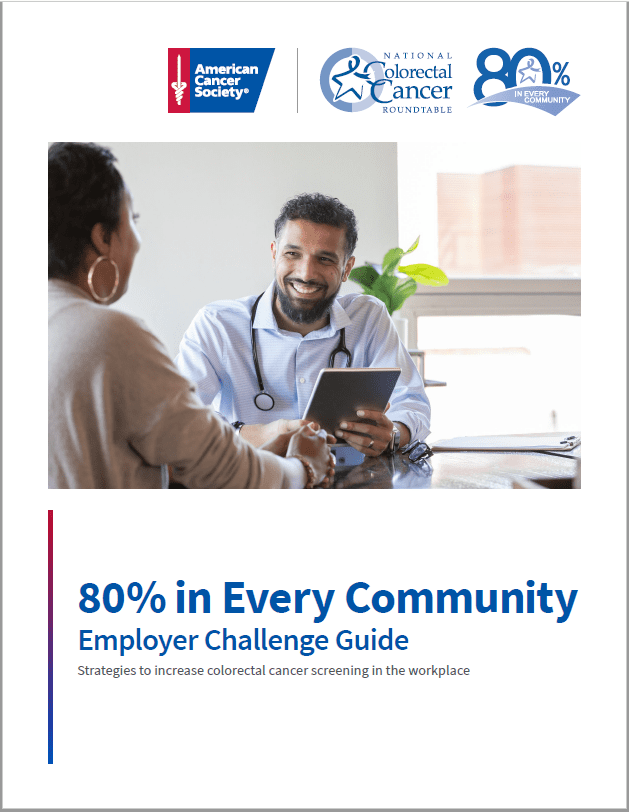
80% in Every Community Employer Challenge Guide
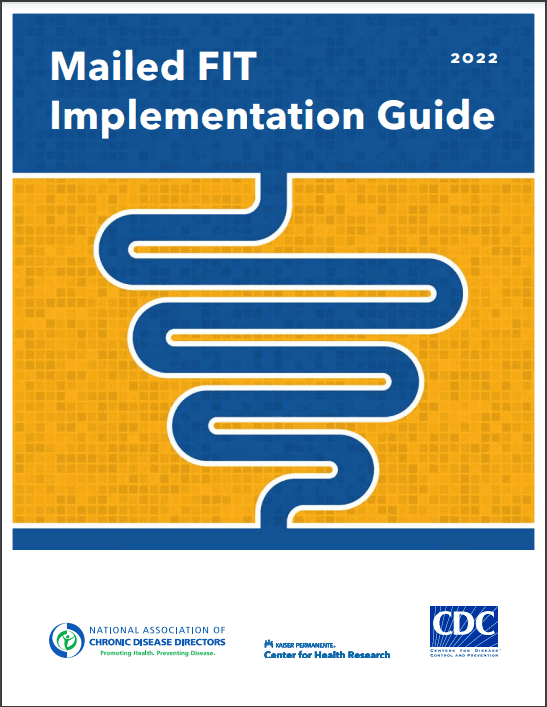
Mailed FIT Implementation Guide & Online Course
